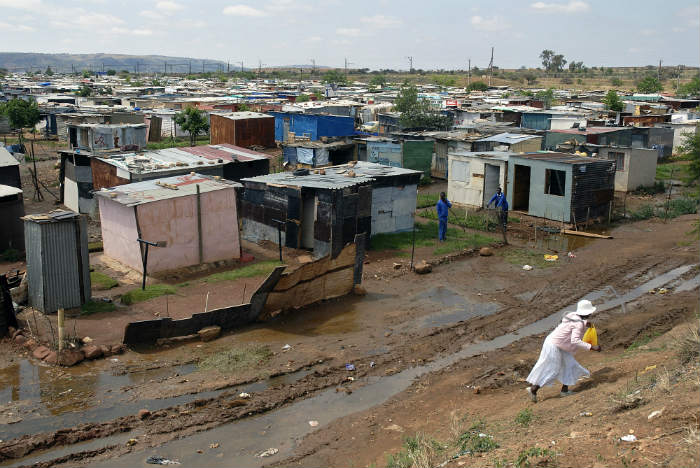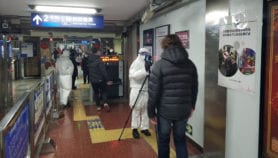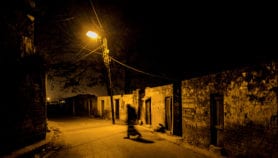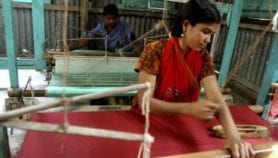By: Imogen Mathers
Send to a friend
The details you provide on this page will not be used to send unsolicited email, and will not be sold to a 3rd party. See privacy policy.
If you are not able to listen to this audio, please refresh your browser or click here to download [12.2MB].
Shack fires are a major cause of injury, death and devastation to lives and livelihoods in informal settlements across the world. Each year, thousands of people are affected by blazes that rip through urban slums, where closely built homes — often constructed from reclaimed, highly flammable materials — create the ideal conditions for fires to spread.
In this audio interview, we speak to James Boonzaier, a design engineer consultant from Lumkani, a social enterprise in Cape Town, South Africa.
For the past few years, the Lumkani team has been piloting a fire detection system designed to respond to the environmental conditions and needs of people in informal settlements across the Western Cape. The system can distinguish between dangerous and non-dangerous fires — essential in environments where “smoke is intrinsic to both cooking and heating, especially in the winter months”, Boonzaier says.
So where most domestic fire alarms detect smoke, Lumkani uses algorithms to look for a suspicious rate of temperature rise over time. A ‘mesh network’, or grid of devices, enables nearby alarms to ping information to one another via radio signals, and a remote network of cellular ‘sniffers’ ensures that communities and emergency services are quickly alerted to fires.
It’s then up to local people and emergency services to fight back. “Technology informs you of the fire’s presence, but it doesn’t provide the response — the community is required to be active,” Boonzaier says.
See below for a video on the project














